Making knowledge secure
While much has been written about balancing and blending types of substantive content, much less has been written about ways of ensuring that pupils do actually gain the knowledge that such planning intended them to have. On the other hand, this issue can surface indirectly in articles on planning, especially where the focus is on how one layer of knowledge can be used to accelerate assimilation of another. For example, articles on drama are often efforts to embed a story or make it memorable. Articles arguing that it’s a good idea to ‘teach this kind of thing before that kind of thing’ are effectively showing how one kind of knowledge manifests itself in another context. So there is always more on making knowledge secure than meets the eye! Also, articles why secure knowledge matters (e.g. its effects on wider historical learning) often overlap with articles how to make that knowledge secure in the first place. So if you are looking for what has been written about one, you are also likely to find it in the other. Read more
-

New, Novice or Nervous? 167: Confidence with substantive knowledge
ArticleClick to view -

Note-making, knowledge-building and critical thinking are the same thing
ArticleClick to view -
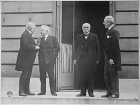
Planning and teaching linear GCSE
ArticleClick to view -

Raising the bar: developing meaningful historical consciousness at Key Stage 3
ArticleClick to view -

Securing contextual knowledge in year 10
ArticleClick to view -

The Holocaust in history and history in the curriculum
ArticleClick to view -
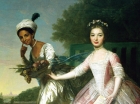
The Power of Context: using a visual source
ArticleClick to view -

The knowledge illusion
ArticleClick to view -

The return of King John: using depth to strengthen overview in the teaching of political change
ArticleClick to view -

Thinking across time: planning and teaching the story of power and democracy at Key Stage 3
ArticleClick to view -

Thinking makes it so: cognitive psychology and history teaching
ArticleClick to view -
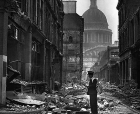
Trampolines and Springboards
ArticleClick to view -

Triumphs Show 158: interactive learning walls and substantive vocabulary
ArticleClick to view -

Using individuals’ stories to help GCSE students to explain change and causation
ArticleClick to view -
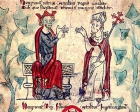
Using timelines in assessment
ArticleClick to view -

Weighing a century with a website: teaching Year 9 to be critical
ArticleClick to view -

What Have Historians Been Arguing About... medieval science and medicine?
ArticleClick to view -
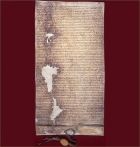
Year 9 - Connecting past, present and future
ArticleClick to view -

‘I need to know…’: creating the conditions that make students want knowledge
ArticleClick to view -

‘One big cake’: substantive knowledge of the mid-Tudor crisis in Year 7 students’ writing
ArticleClick to view

